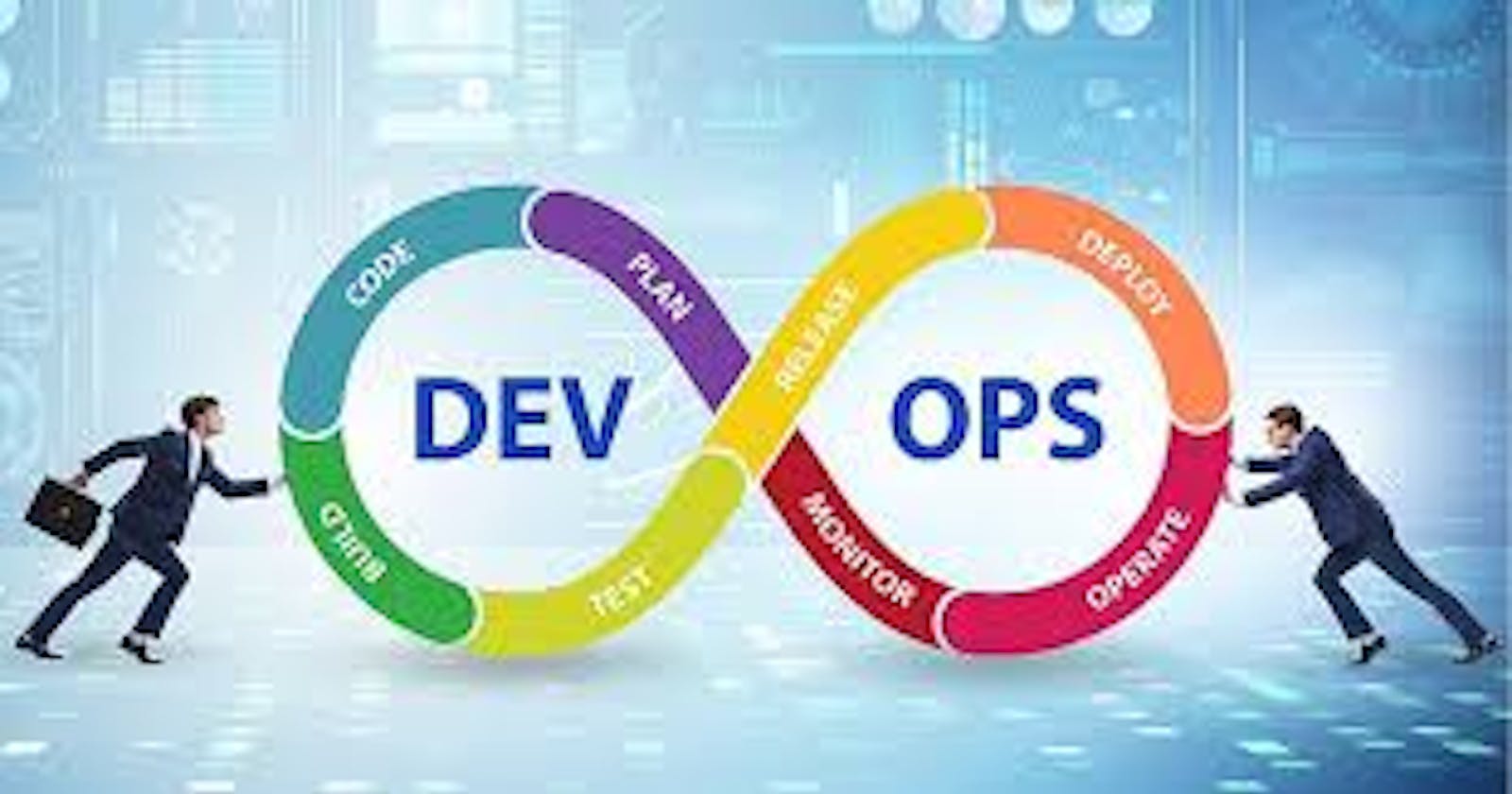In the dynamic realm of technology, staying ahead of the curve often necessitates continual learning and adaptability. One domain that has garnered significant attention in recent years is DevOps - an approach aimed at enhancing collaboration and efficiency between software development and IT operations teams. As we enter 2024, the question arises: Is investing time and effort in learning DevOps still a wise decision?
Understanding the Ascendancy of DevOps
DevOps has revolutionized the software development lifecycle, facilitating faster delivery of high-quality applications through automation and collaboration. Its principles have empowered organizations to streamline processes, minimize errors, and respond swiftly to market demands.
The Convergence of DevOps and Cloud Computing
In the era of cloud computing dominance, DevOps has emerged as a cornerstone of efficient operations. Platforms like Amazon Web Services (AWS) provide the infrastructure and tools necessary to implement DevOps practices seamlessly. As such, proficiency in DevOps methodologies has become increasingly invaluable for professionals operating within cloud environments.
Navigating the Landscape of AWS DevOps Certification and Training
AWS, a prominent player in the cloud services domain, offers a plethora of tools and services conducive to DevOps practices. For individuals seeking to bolster their credentials in DevOps, pursuing an aws devops engineer certification can be a strategic career move.
Delving into AWS DevOps Certification
The AWS Certified DevOps Engineer accreditation validates expertise in designing, provisioning, and managing distributed systems on the AWS platform. It encompasses a spectrum of topics, including continuous integration, infrastructure as code, monitoring, and security.
Harnessing Online Resources for AWS DevOps Training
The advent of online learning platforms has democratized access to comprehensive DevOps training tailored to AWS services. These courses typically feature practical exercises, hands-on labs, and real-world scenarios to reinforce theoretical concepts and enhance practical skills.
FAQs about Learning DevOps
Question 1. Is DevOps Learning Worthwhile?
Ans. Undoubtedly. DevOps embodies a fundamental shift in software development paradigms, and its relevance is expected to endure. Organizations worldwide are embracing DevOps to drive agility, collaboration, and innovation, making proficiency in DevOps a highly sought-after skill set in the tech industry.
Question 2. Is DevOps Poised for Future Growth?
Ans. Absolutely. As technology evolves and businesses prioritize agility and efficiency, the demand for DevOps practitioners will continue to escalate. DevOps principles are applicable across various domains, ensuring its enduring relevance in an ever-changing technological landscape.
Question 3. Can DevOps Be Mastered in Three Months?
Ans. While proficiency in DevOps necessitates time and hands-on experience, acquiring foundational knowledge within a three-month timeframe is feasible. Leveraging online resources, structured training programs, and practical application can expedite the learning process, although mastery requires ongoing commitment and real-world experience.
Conclusion
In summary, investing in DevOps learning and certification remains a prudent choice in 2024 for individuals aspiring to excel in the technology sector. As businesses increasingly pivot towards cloud-native architectures and agile methodologies, the demand for DevOps expertise, particularly within AWS environments, will continue to soar. By obtaining AWS DevOps certifications, engaging in targeted training, and staying abreast of industry trends, individuals can position themselves as indispensable assets in an era defined by innovation and digital transformation. Whether a seasoned IT professional or an entry-level enthusiast, embracing DevOps education promises a pathway to exciting career opportunities and sustained growth in the dynamic tech landscape.
